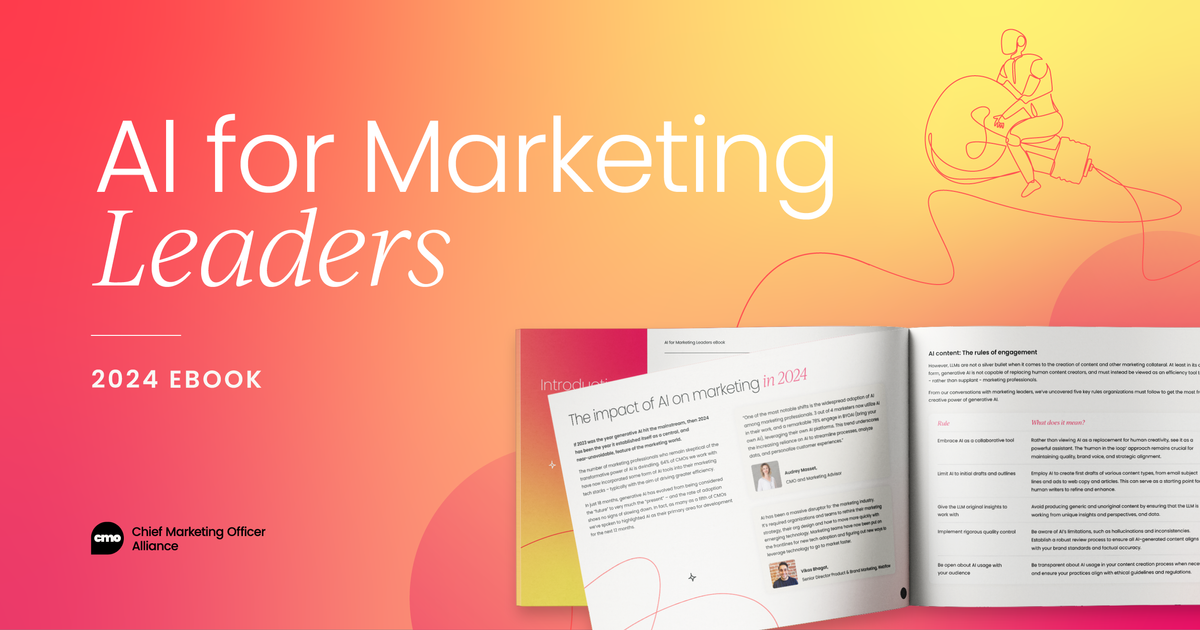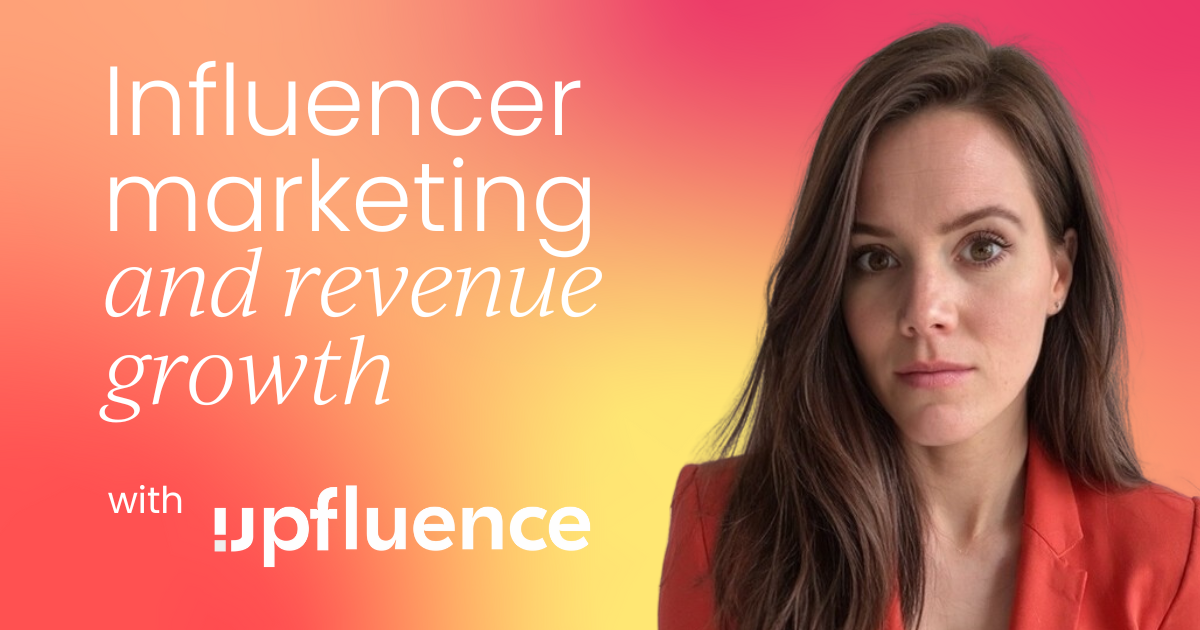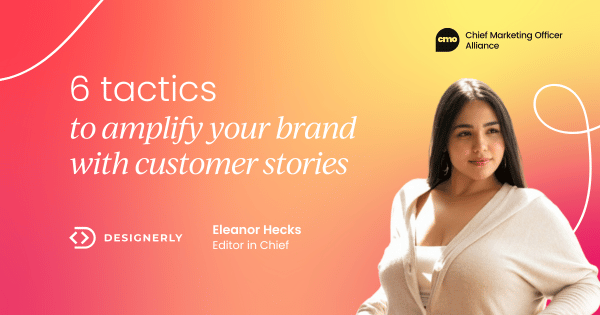"Real diversity and inclusion doesn't mean that we will always agree. It means that even when we disagree, we can still respect each other." — Justin Jones-Fosu, CEO of Work. Meaningful
You’ve probably already heard of DEI, which stands for diversity, equity, and inclusion. It’s a framework for creating workplaces and orgs that are fair, respectful, and representative of all individuals.
These three pillars work together to build environments where people feel valued, empowered, and included.
Let’s look at them in more detail – and why you need to implement them in your org.
What is diversity in the workplace?
Diversity is the representation of differences among individuals within a group. What does it mean to have a diverse workplace? In essence, it’s all about employing people from a wide range of backgrounds, experiences, and perspectives.
This includes, for example, differences in:
- Race
- Ethnicity
- Gender
- Age
- Sexual orientation
- Religion
- Abilities
- Education
- Socioeconomic status
Embracing diversity helps you to foster an inclusive, innovative, and productive work environment.
There are many types of diversity, as we just mentioned, but what do they look like in action?
An example would be a tech company that hires staff from underrepresented racial and ethnic groups to address a lack of diversity in the industry. Or a retail brand that offers inclusive sizing for different body types. Or a global org that supports multilingual communication and recognizes international holidays.
What do you need to know about equity?
Equity means ensuring fair treatment, opportunities, and outcomes for everyone, taking into account that people have different needs and challenges – it also means dismantling systemic barriers.
For instance, as a leader in your company, you’ll want to provide accommodations for employees with disabilities, address pay discrepancies and create wage parity, and implement hiring practices that reduce bias in the workplace.
What are some characteristics of inclusion in the workplace?
Inclusion, on the other hand, means creating environments where people from diverse backgrounds feel welcomed, respected, valued, and empowered – and feel comfortable to contribute their perspectives.
An inclusive workplace ensures that everyone, regardless of their differences, has a voice and access to opportunities and resources.
Here are some characteristics of inclusion in the workplace:
- Sense of belonging, where staff feels accepted and part of the team. E.g., employees from diverse backgrounds are encouraged to share their unique POVs without fear of exclusion.
- Equal opportunities, where everyone has access to resources, career advancement, and growth opportunities. E.g., a transparent promotion criteria that ensures equitable career paths for everyone.
- Representation at all levels. This means that diverse people are represented across leadership, management, and team levels. E.g., a board of directors that includes members from varied cultural and gender backgrounds.
- Respect for differences, where employees respect and value different opinions, cultural practices, and experiences. E.g., religious accommodations.
- Open communication, where people feel comfortable expressing their thoughts, opinions, or concerns, without fear of discrimination or retaliation. E.g., your company could regularly put out employee surveys and make changes according to feedback.
- Recognition and appreciation, where people are acknowledged and celebrated equally. E.g., a peer recognition program.
What does it mean to value diversity?
Overall, valuing diversity is about actively recognizing, respecting, and appreciating the unique qualities, experiences, and perspectives that people bring to a group, org, or community. This means that differences are celebrated as strengths, not barriers, and people should feel accepted and respected.
If you want to value diversity in your company, you can:
- Encourage diverse hiring practices,
- Create inclusive employee resource groups,
- Provide cultural competency training for teams,
- Actively seek out and listen to the experiences of others,
- Recognize and address biases in decision-making, communication, and action,
- And host events that celebrate cultural or ethnic traditions.
It’s all about embracing differences and looking at them as assets, not challenges or problems.
Why is diversity important in the workplace?
“Employees of firms with 2-D diversity are 45% likelier to report a growth in market share over the previous year and 70% likelier to report that the firm captured a new market.” – Harvard Business Review
All right, we’ve already touched on the advantages of DEI in the workplace, but let’s look more in-depth at why diversity is so important.
How exactly can implementing it benefit your company?
Boosts innovation and creativity
DEI encourages creativity, since having a diverse group brings many POVs together, which in turn leads to more innovative solutions and ideas – think about it; if you have a group of people from different backgrounds looking into how to solve a problem, you’ll likely get results that are more outside-the-box.
In fact, a McKinsey study found that companies with greater gender and ethnic diversity are 35% more likely to outperform their competitors in profitability.

Improves collaboration
DEI also improves collaboration because, when people feel valued, they’re more likely to engage with one another and collaborate more effectively.
Attracts top talent
An investment in diversity, equity, and inclusion makes companies more appealing to job seekers who value inclusive work environments. This means you’re increasing your chances of hiring highly skilled and motivated people.
For example, according to Glassdoor, 76% of people looking for a job say diversity is an important factor when evaluating job offers.
Improves employee retention
Not only can you attract talented people if you invest in DEI practices, but staff are also more likely to be loyal to your company if they feel respected and included. So, you can reduce turnover rates and recruitment costs while increasing productivity at the same time.
Enhances decision-making
Because diverse groups consider a wider range of perspectives, they’re less likely to fall into groupthink, which can lead to more balanced, informed, and creative decisions.
Cloverpop found that diverse teams make better decisions 87% of the time compared to individual decision-makers.
Expands market reach
A diverse staff can better understand and relate to a diverse customer base, meaning you can improve customer satisfaction and loyalty while opening up new markets and demographics.
Strengths your reputation
DEI initiatives show a commitment to social responsibility and ethical business practices, meaning people create a positive perception of your brand – you can also more easily build trust with consumers, partners, and investors.

Reduces workplace conflict
If employees understand and respect cultural, social, and personal differences, you’re more likely to have an environment with fewer misunderstandings and conflicts – and better communication and collaboration.
Drives financial performance
Diverse and inclusive companies are better equipped to innovate, make decisions, and engage employees effectively. For instance, a Boston Consulting Group study found that companies with diverse management teams generate 19% more revenue from innovation.
This means that, despite the importance of DEI, companies aren’t investing in initiatives as much as they used to. This could be due to cost-cutting, as seen by the many layoffs across industries.
Still, DEI isn’t being axed en masse – in a recent survey, nearly 200 US chief human resources officers said they had no plans to scale back on diversity, equity, and inclusion. In addition, a Morning Consult survey showed 82% of business leaders “consider diversity initiatives as essential to their business strategy”.
How to incorporate DEI in the workplace
It’s not about sinking a huge amount of budget into DEI, but making a difference even with the smallest changes.
Here are some ways you can incorporate DEI in your company:
Secure leadership buy-in
DEI starts at the top, so ensure everyone is on board so that the initiatives receive the necessary resources and attention. Train leaders on the importance of DEI and their role in fostering inclusivity.
Assess your current DEI status
Understand where your org stands so you can identify areas for improvement. This means conducting an internal audit of hiring practices, pay equity, and employee demographics.
Set clear and measurable goals
Specific goals make it easier to track progress and demonstrate commitment, so develop a roadmap with milestones and timelines.
Create inclusive recruitment practices
If you hire diverse people, you can build a workforce that reflects the diversity in society. To do this, you must partner with orgs that share the same values, train people to recognize and remove bias, and craft inclusive job descriptions.
Foster a culture of belonging
People perform better when they feel valued and respected, so celebrate diverse holidays, create open channels for feedback, act on employee concerns, and promote safety so that staff feel safe expressing ideas.
Provide DEI training
Education is key to overcoming biases and creating understanding. So, train people on topics like bias and inclusive leadership, and provide ongoing learning opportunities (e.g., workshops and webinars).
Challenges you may face when implementing DEI
Incorporating DEI doesn’t come without its challenges.
There are, for example, common misconceptions about DEI that include:
- “DEI is just about hiring more diverse candidates”: This oversimplifies the work, since more is needed to achieve DEI success. For example, it’s also about making your diverse workforce feel like they can speak up and share their ideas.
- “DEI is a one-time initiative”: Many view DEI as a box to tick – however, this is (or should be) an ongoing process that’s constantly monitored, changed, and improved.
- “Meritocracy and DEI are at odds”: Some people might believe that, if you prioritize diversity, you’re undermining the system where people are promoted due to merit. True DEI means to enhance meritocracy by leveling the playing field.
There are also resistances you may encounter along the way, such as:
- Some leaders may view DEI as a cost rather than something that drives value.
- Employees may feel that DEI initiatives are politically driven or irrelevant, so clear communication about your goals is crucial.
- Your DEI effort may stall if there isn’t enough leadership support, so ensure there’s top-down accountability.
How to write a DEI statement
You can use a DEI statement to communicate your commitment to creating a diverse, equitable, and inclusive environment – this statement should reflect your values, goals, and plans to support DEI while resonating with your audience.
Here are some ideas to inspire you to write your own statement:
1. Start with a purpose
Define why DEI is important to your company and connect it to your mission, values, and goals.
Example: "At [Company Name], we believe that diversity, equity, and inclusion are essential to innovation, collaboration, and building a better future. These principles are woven into the fabric of our mission to [core purpose]."
2. Acknowledge the current landscape
You can also recognize the importance of DEI and, if applicable, the challenges and inequities in your industry.
Example: "We acknowledge that systemic barriers and inequities have historically excluded underrepresented voices in [industry/sector]. At [Company Name], we are committed to changing this narrative by fostering an environment where all individuals feel valued and empowered."
3. State your commitments
Clearly articulate the actions you’re taking (or will take) to support DEI – and be specific.
Example: "We are committed to increasing representation in leadership roles by [specific percentage or timeframe]” or "Our hiring practices prioritize equitable opportunities through [programs, partnerships, or initiatives]".
4. Emphasize accountability
You can also show your commitment to DEI by highlighting how you’ll measure progress and remain accountable.
Example: "We will regularly review and report on our DEI metrics, ensuring transparency and continuous improvement in our practices."
5. Include a call to action
Why not encourage collaboration and invite people to join your efforts? This can help you create a sense of shared responsibility.
Example: "Together, we can create a workplace that reflects the diverse communities we serve and paves the way for equitable opportunities for all."
6. Use the right language
Write in a tone that aligns with your brand voice but which is also authentic and inclusive. Avoid jargon or generic statements that lack depth.
Example: "We are unwavering in our belief that everyone, regardless of their background, deserves the opportunity to thrive. This commitment drives every decision we make."
Sample DEI statement
"At [Company Name], diversity, equity, and inclusion are at the heart of who we are. We are committed to creating a workplace where everyone feels valued, respected, and empowered to contribute their unique perspectives. We recognize that systemic barriers have limited opportunities for many, and we are dedicated to breaking those barriers by fostering equity in all aspects of our organization.
Our initiatives include [specific actions, e.g., equitable hiring practices, representation goals, DEI training, and partnerships with diverse organizations]. We hold ourselves accountable by measuring progress and staying transparent about our results.
We invite every employee, customer, and partner to join us in building a more inclusive future where everyone has the chance to thrive."
DEI statements of real companies
- Girls Who Code: “Girls Who Code is an organization that values diversity, equity, and inclusion as essential to our mission.”
- John Lewis: “Our business is our business, and our differentiated culture drives our Purpose with Belonging and Inclusion at the heart of who we are as a Partnership.”
- P&G: “We aspire to create a company and a world where equality and inclusion are achievable for all, driving growth and creating value for our employees, through our brands, with our partners and in communities.”
Real-world examples of DEI efforts
Cisco Systems
Cisco’s Proximity Initiative encourages senior leaders to engage with colleagues from diverse backgrounds, creating mentorship and allyship opportunities. This initiative has led to changes in the workplace.
“Each year, Cisco reviews employees’ base salary, promotions, stock grant values, and bonuses — analyzing for differences along gender, race, and ethnicity lines. Cisco says 1-2 percent of employees tend to receive adjustments to their pay for fairness after this exercise.” – Financial Times
The initiative is part of why Cisco snagged the top position in the Financial Times-Statista Diversity Leaders ranking.
Novartis
Pharmaceutical company Novartis “believes that a safe, supportive working environment with DEI training embedded into practices is the best space for innovation and productivity”.
The company has over 100k employees who represent a wide range of groups – they were also included in Bloomberg’s 2022 Gender-Equality Index and received awards for their LBGTQ+ diversity.
Microsoft
Microsoft aims to increase diversity and foster an inclusive culture through various programs like unconscious bias training, employee resource groups, and inclusive hiring practices.
In their global DEI report for 2023, they found figures like:
- Women make up 31.2% of Microsoft’s worldwide staff, up 0.5% from 2022.
- Racial and ethnic minorities make up 54.8% of the workforce, which is 1.5% higher than in 2022.
- 96.4% of employees report “some level of awareness of the concept of allyship”.
Starbucks
With training programs like "The Third Place" and initiatives that support veterans, refugees, and minority-owned businesses, Starbucks aims to promote inclusion and diversity.
Starbucks is also expanding their diverse workforce:
“At the end of 2024, our U.S. partner base is 70.9% female and 28.4% male. Additionally, in the U.S., diverse partners represent more than 51.9% of our retail team and more than 37.9% of our corporate roles.”
Google's DEI efforts include increasing workforce representation, supporting employee resource groups, and publishing annual diversity reports to track progress.
For instance, they published a 2023 report with findings like:
- $1.2bn investment to Latin America’s digital future, working with governments, entrepreneurs, businesses, and communities to focus on “digital infrastructure, digital skills, entrepreneurship, and inclusive, sustainable communities”.
- In Canada, Google continued to support Indigenous communities with a $2.7 million grant to ComIT, Actua, and MediaSmarts.
- In 2022, Google increased leadership representation of Black+, Latinx+, and Native American+ Googlers by 30%.
How to track your DEI initiatives
Measuring the success of your DEI initiatives requires a mix of qualitative and quantitative metrics. These are a great starting point for you:
Employee demographics
And speaking of employee demographics and Starbucks, did you know the company uses Tableau Public to showcase who works for them? You can go and check their demographics and who they’re hiring at any time.
After all, if you want to foster a diverse staff, it’s important to hire people who have different backgrounds, ages, disabilities, etc.
Take a look at the current make-up of your workforce and consider whether you’re already on the right track or need to invest more in DEI.
Retention and turnover
Who’s leaving your company? Analyze your demographics to identify disparities there, as well as how long people stay with you – what backgrounds do they have?
Pay equity
Make sure to compare salaries within roles across demographic groups (e.g., gender) and make adjustments if there are any discrepancies.
Promotion rates
Who’s getting promoted every time an opportunity comes up? Track this metric to see whether there are differences in your demographics.
Employee sentiment
What better way to know how your staff feels about your initiatives than asking them directly? An anonymous survey can tell you the percentage of employees who feel valued, respected, and supported, and who don’t.
Include questions like “Do you feel comfortable expressing your opinions at work?” and “Do you feel your identity is respected in the workplace?”
Engagement scores
You can also track differences in engagement levels across demographic groups, which can tell you a lot about the people who feel engaged and those who may feel ignored or unsupported.
Recruitment metrics
Track the effectiveness of job boards, partnerships, and outreach to underrepresented groups, measure the reduction in bias (for example, through interviews), and measure the percentage of offers accepted by diverse candidates.
Leadership metrics
Who makes up your leadership team? Do you have diversity in your C-suite or board of directors? This is all about the percentage of leaders from underrepresented groups, but you can also track the number of DEI initiatives led or supported by your fellow leaders.
Workplace culture
You should also look into the number of complaints or incidents reported in your company, as well as their outcomes. And a survey can help you gather feedback on whether staff feel safe voicing concerns.
The role of leadership in the success of DEI
Diversity, equity, and inclusion initiatives can’t be incorporated if leadership isn’t on board. So, how can you support your teams?
As a CMO, director, or other C-suite member, you must set the tone for what you want to see. Model the right behaviors and show your commitment to DEI through your actions and decisions.
It’s important you also allocate enough resources for DEI efforts; without the necessary funding, tools, or people, DEI is unlikely to succeed at your company.
Include DEI in your strategies. This means integrating them into business goals, from product development to customer engagement.
You should listen actively as well – so, encourage feedback and consider the input of underrepresented groups, so they feel like you’re listening to their concerns. In addition, reflect on your own biases to better understand the challenges those groups are facing.
When you make a decision, you can also share the rationale behind them, since this can promote trust and reinforce a culture of equity.
Hold other leaders accountable too. How can you do this? For instance, by tying KPIs to DEI goals, measuring leaders on their progress, and recognizing and rewarding leaders who champion DEI efforts.
In short
DEI is more than just a buzzword. Diversity, equity, and inclusion are crucial pillars for any org and leader wanting to foster an environment where everyone is valued, seen, and respected. And, of course, this can lead to an increase in innovation, engagement, and overall company success.
AI has a huge impact on marketing, and those in leadership positions are at the forefront of it all.
Get your copy of the AI for Marketing Leaders ebook to get real-world case studies from CMOs using AI, mistakes to avoid, tips for upskilling your team, and more.







.png)









 Follow us on LinkedIn
Follow us on LinkedIn







